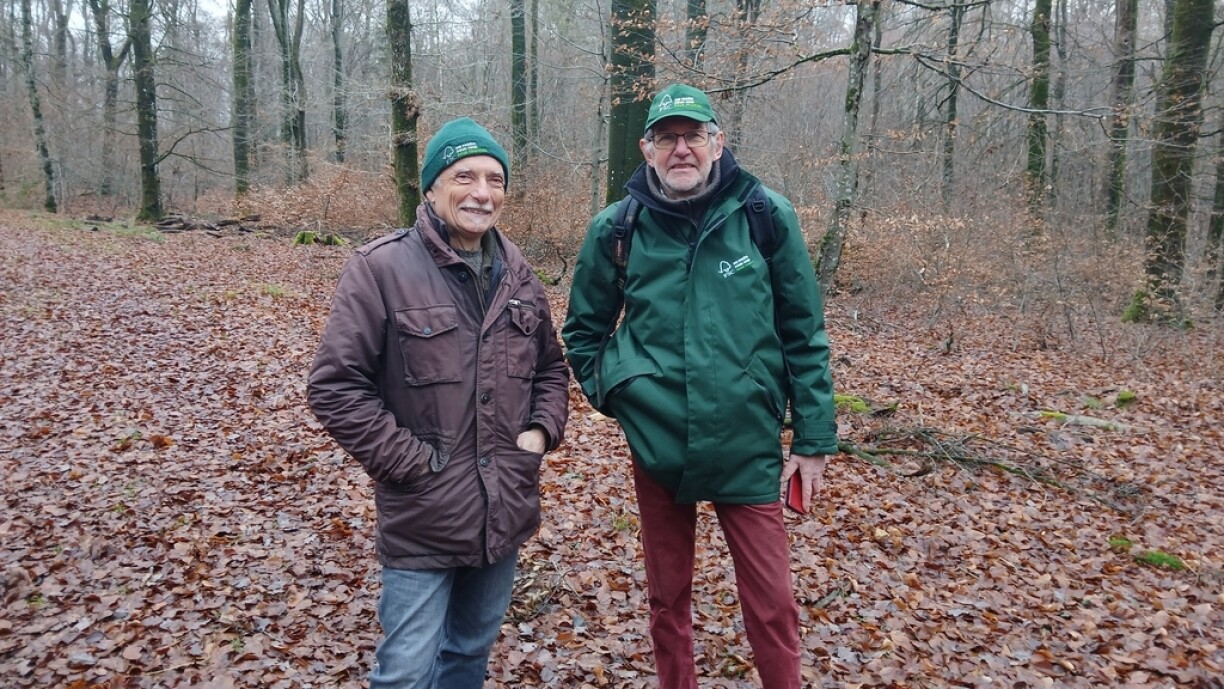
According to FSC Luxembourg, the agreement reached in Belém will do little to strengthen rainforest protection, and there are still considerable efforts needed to improve forest conservation here at home.
At the Miltgesknapp near the Kreuzerbuch, the starting point of a route leading into an FSC-certified forest, the organisation’s president Pit Mischo does not mince his words in conversation with RTL. He describes the results of COP30 repeatedly as a “catastrophe”. Once again, he says, it has become clear that political leaders are unable to take the necessary decisions, hamstrung by excessive compromise and an over-willingness to heed industry lobbyists.
Mischo is equally sceptical about the new fund intended to reward countries for protecting their rainforests. The main issue, he argues, is that up to 80% of the financing is expected to come from the private sector, a model he believes is fundamentally flawed: “The businesses that will take part in this fund, their main priority is to make a profit and we all know where that profit ends up going. According to estimates, businesses expect a 7% return on what they invest. We get 0.5% on our savings accounts, the companies calculate with 7%. And half of that goes straight into the shareholders’ pockets, while the other half is distributed among the countries that manage to stop the destruction of their rainforests.”
The current fine of up to $140 per hectare of forest that has been cleared is far too low, according to the FSC Luxembourg President. At FSC, the focus is therefore on encouraging consumers to rethink their habits and consciously choose products that carry a sustainability label.
There is also a lot of discussion at the moment about the so-called EU Deforestation Regulation (EUDR). The Luxembourg government is calling for fewer obligations for companies in the Grand Duchy, arguing that forests in Luxembourg are protected by law. However, retired forester Marc Parries is convinced that in several places, activities are in fact illegal.
“For the past several years, large areas of conifer stands are in the process of being cleared. By law, in large deforested areas, trees need to be replanted within three years. But anyone who steps outside their office can see that this is simply not what’s happening. Therefore, we are certainly not operating within the law everywhere”, Parries notes.
This is likely also the reason why last year’s official national forest inventory has yet to be presented.
The large amount of game in the forests is also causing problems in protecting trees, especially young saplings. In principle, something could be done about this fairly quickly, but hunters are no longer interested in shooting significantly more, the FSC president explained.
“They know exactly what they’re doing, and they like having this much game in the forest. They’ve also grown used to the high population levels. In this very forest where we’re standing now, I used to go hunting with my father nearly 60 years ago, running behind him in my short trousers. Back then, we might see a wild boar once every three years, if we were lucky”, Parries said.
In this context, policymakers have a clear responsibility to act, he added, as erecting fences to protect young trees from wildlife would be extremely costly, with the measures funded entirely by public money.
FSC Luxembourg also continues to call for a roundtable on the future of forests, but the organisation criticises the difficulties it has faced in engaging in constructive dialogue with the government, particularly with the Minister of the Environment.